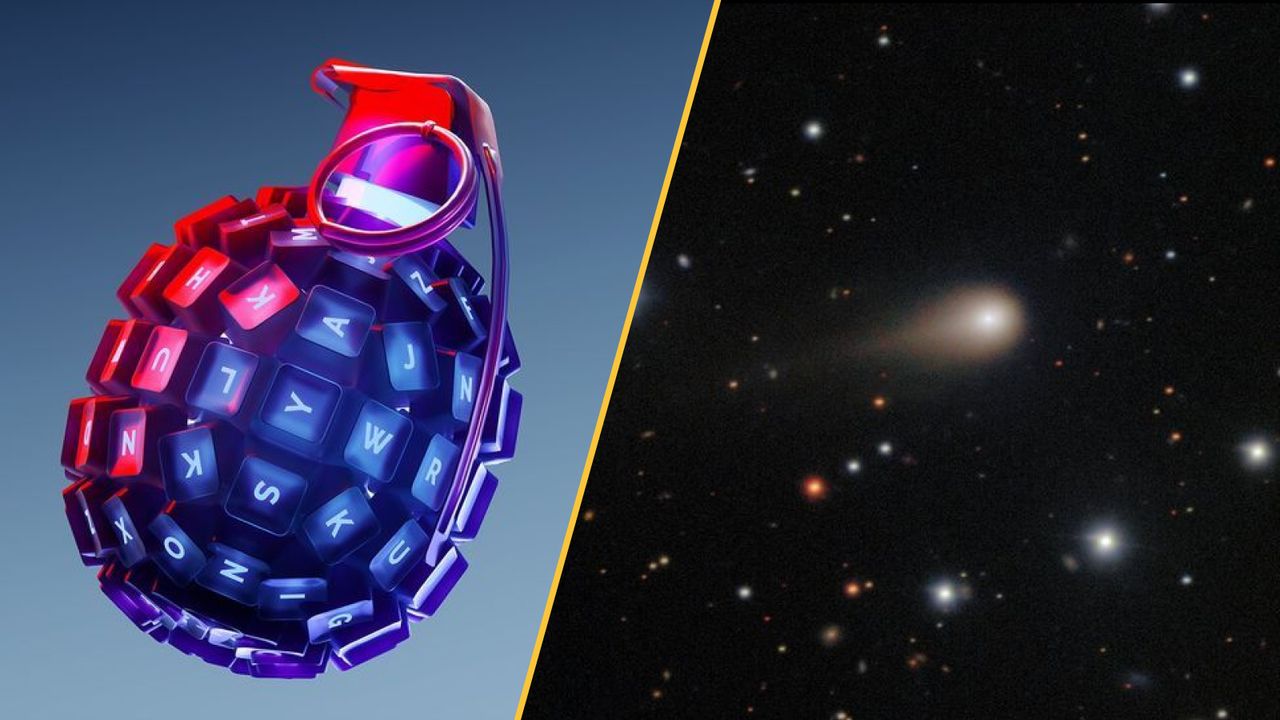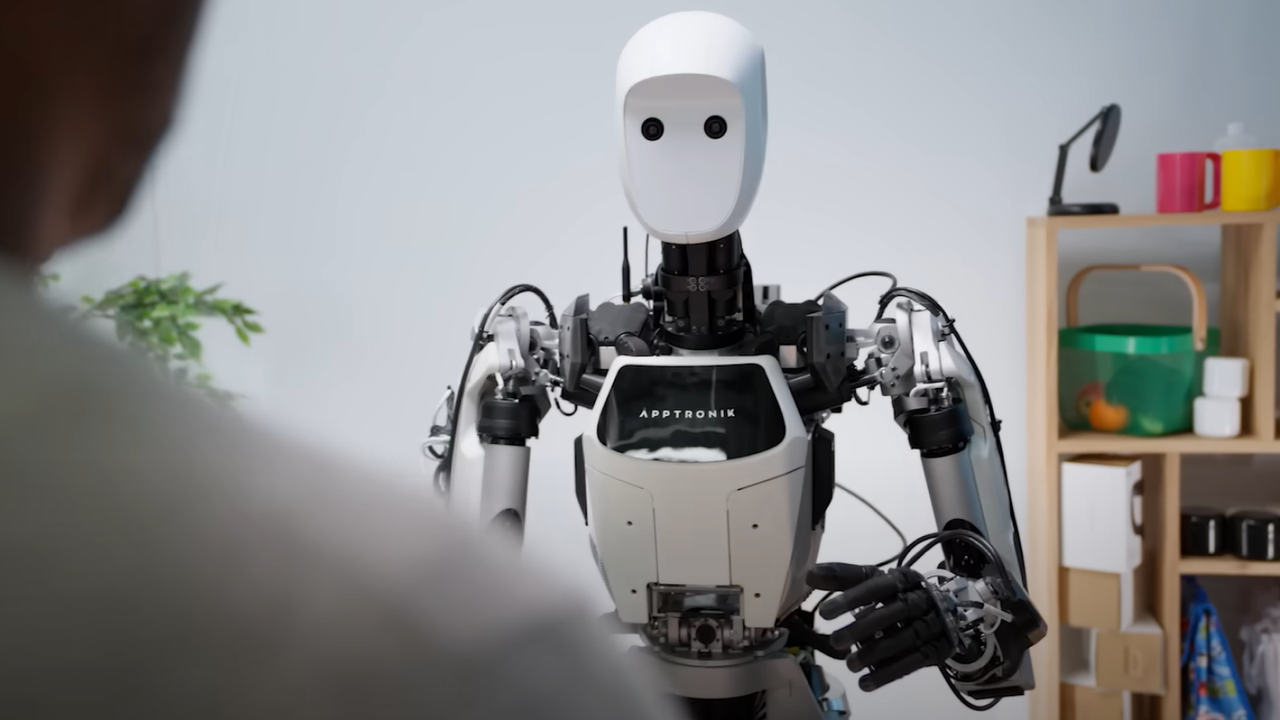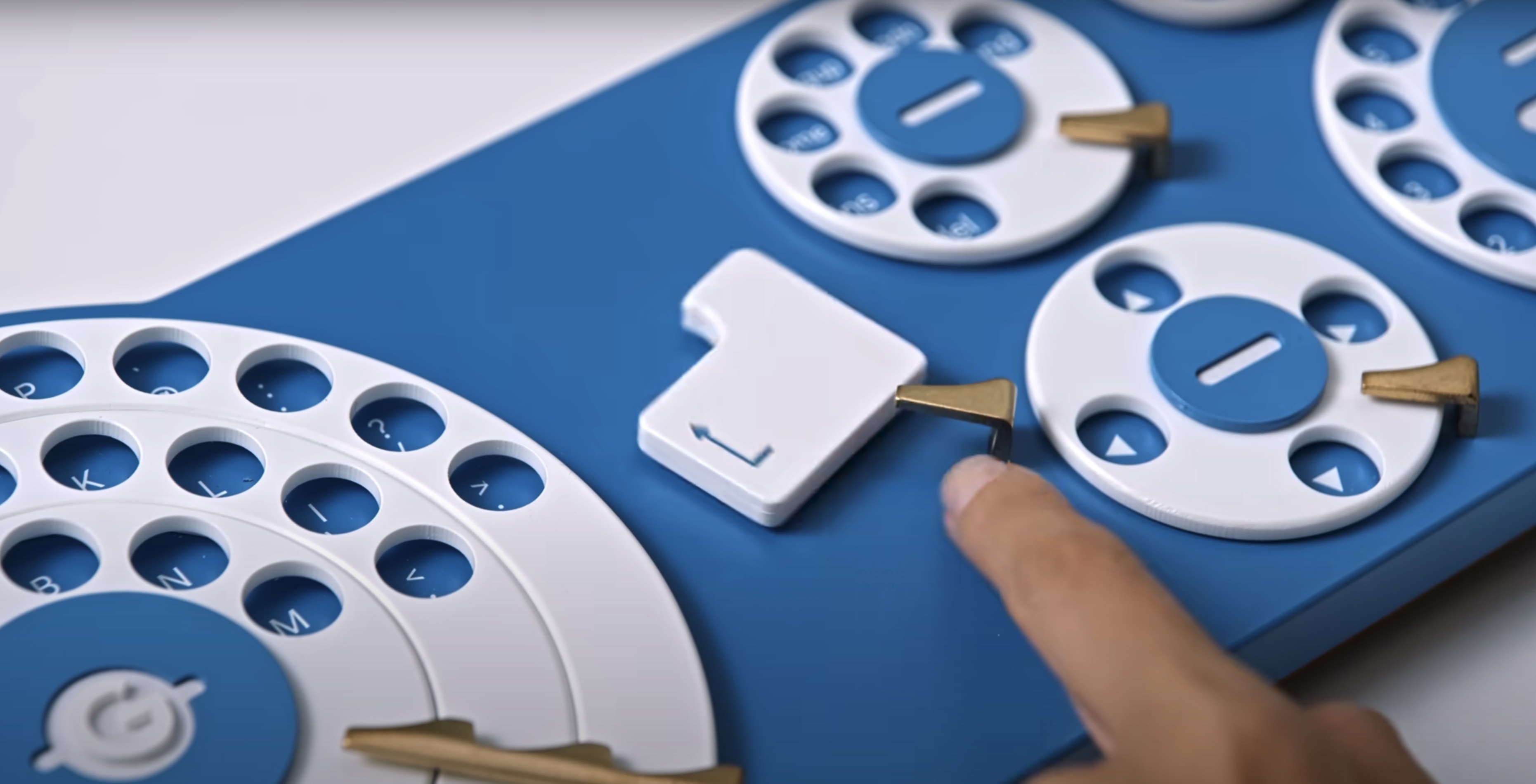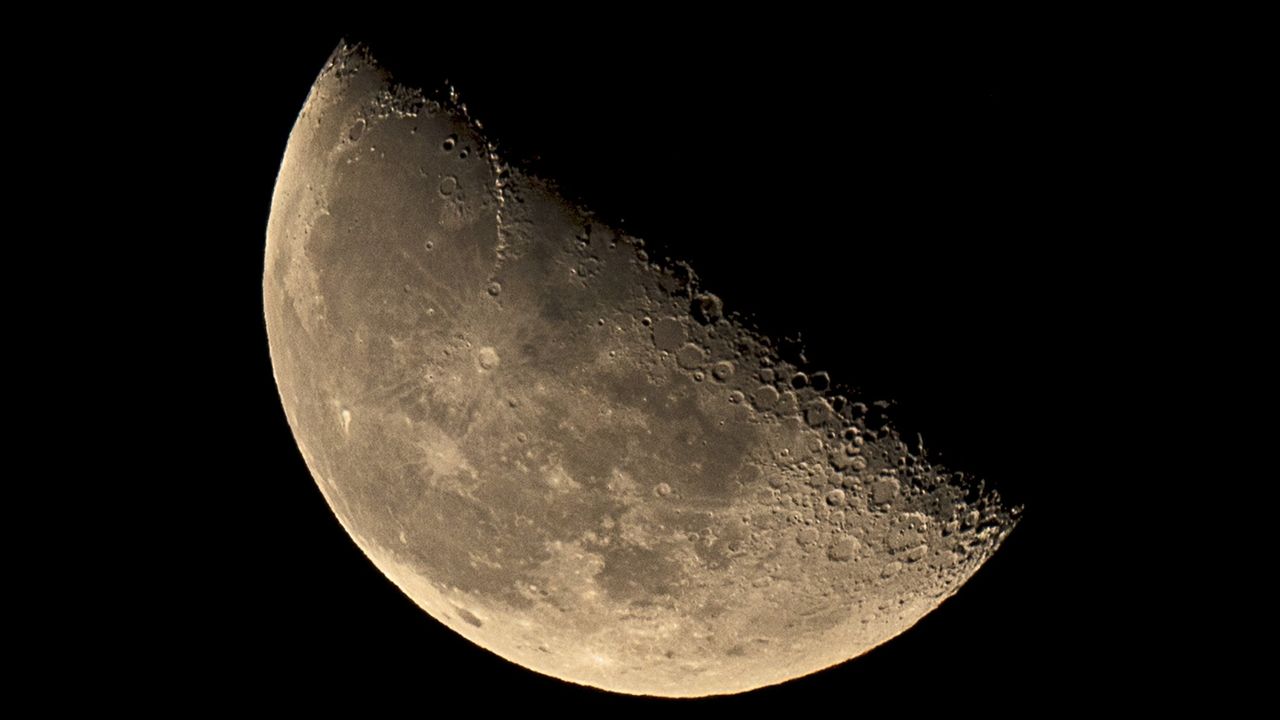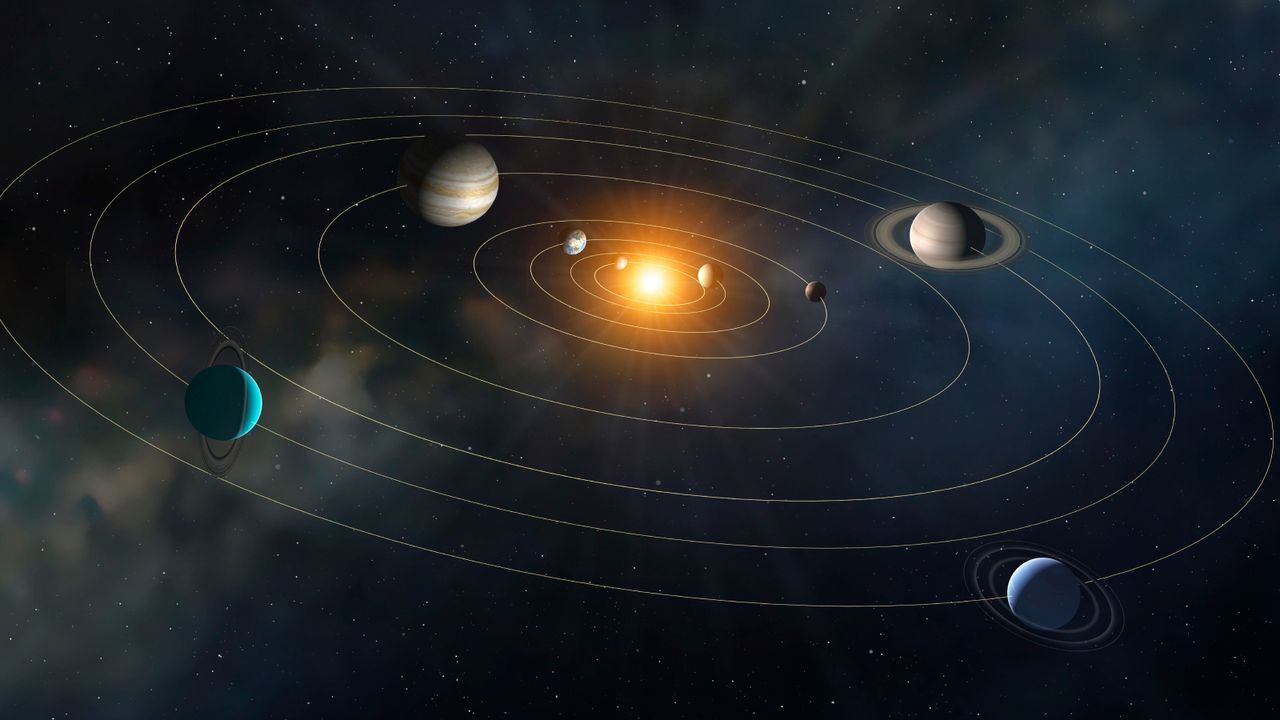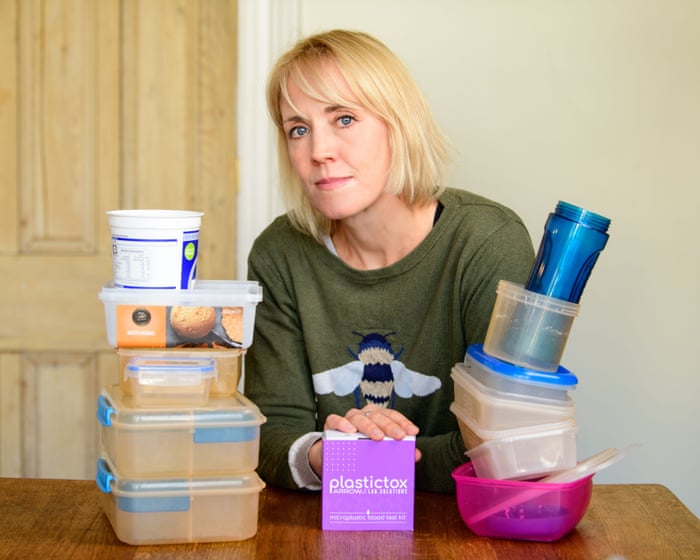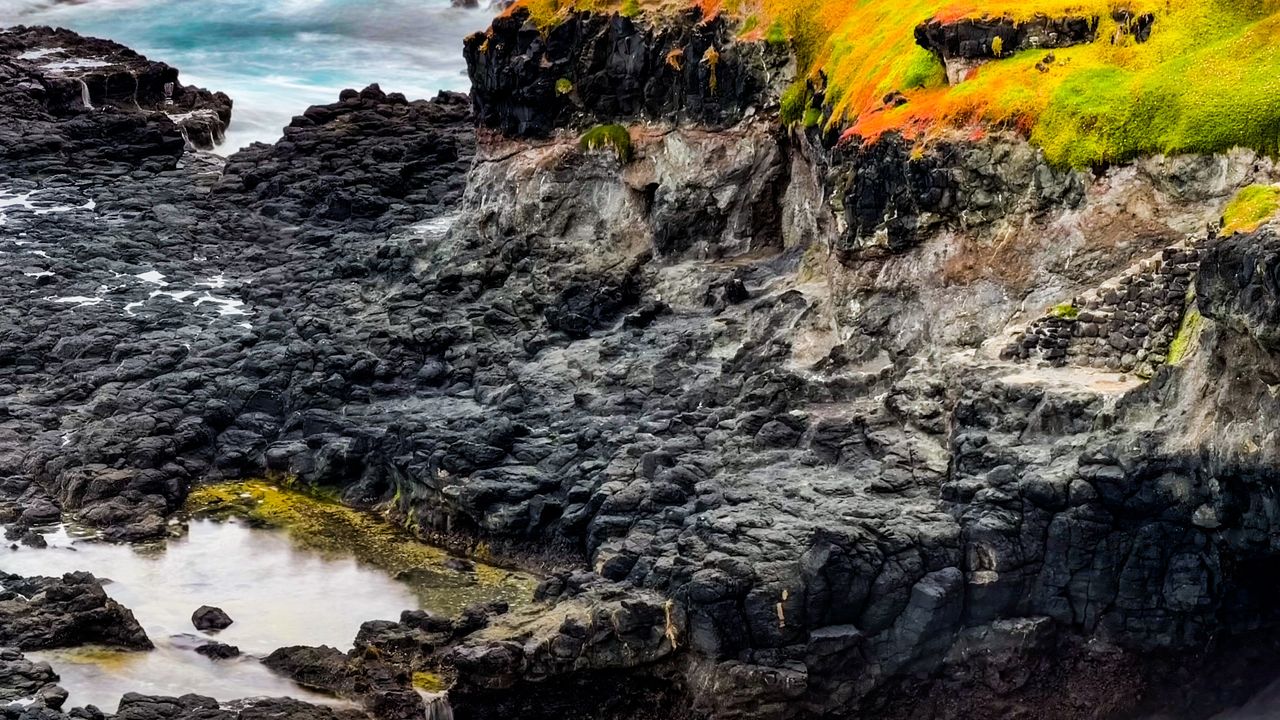How the Math That Powers Google Foresaw the New Pope
PositiveScience
A fascinating development in network science has revealed how a decades-old mathematical technique was able to predict the outcome of the recent papal conclave, something that artificial intelligence failed to do. This highlights the potential of traditional methods in understanding complex systems and offers a fresh perspective on how we can analyze significant events, making it a noteworthy intersection of technology and tradition.
— Curated by the World Pulse Now AI Editorial System
